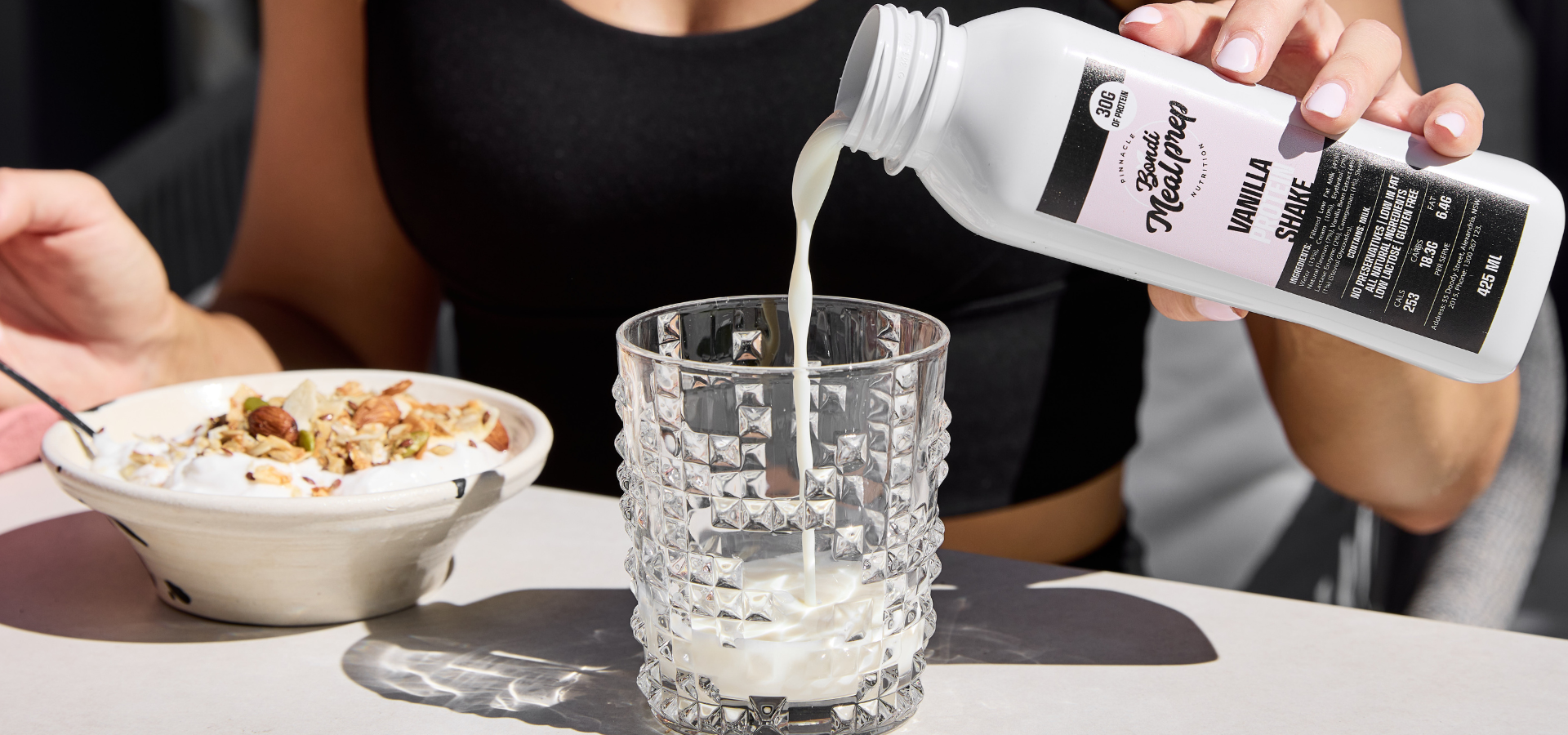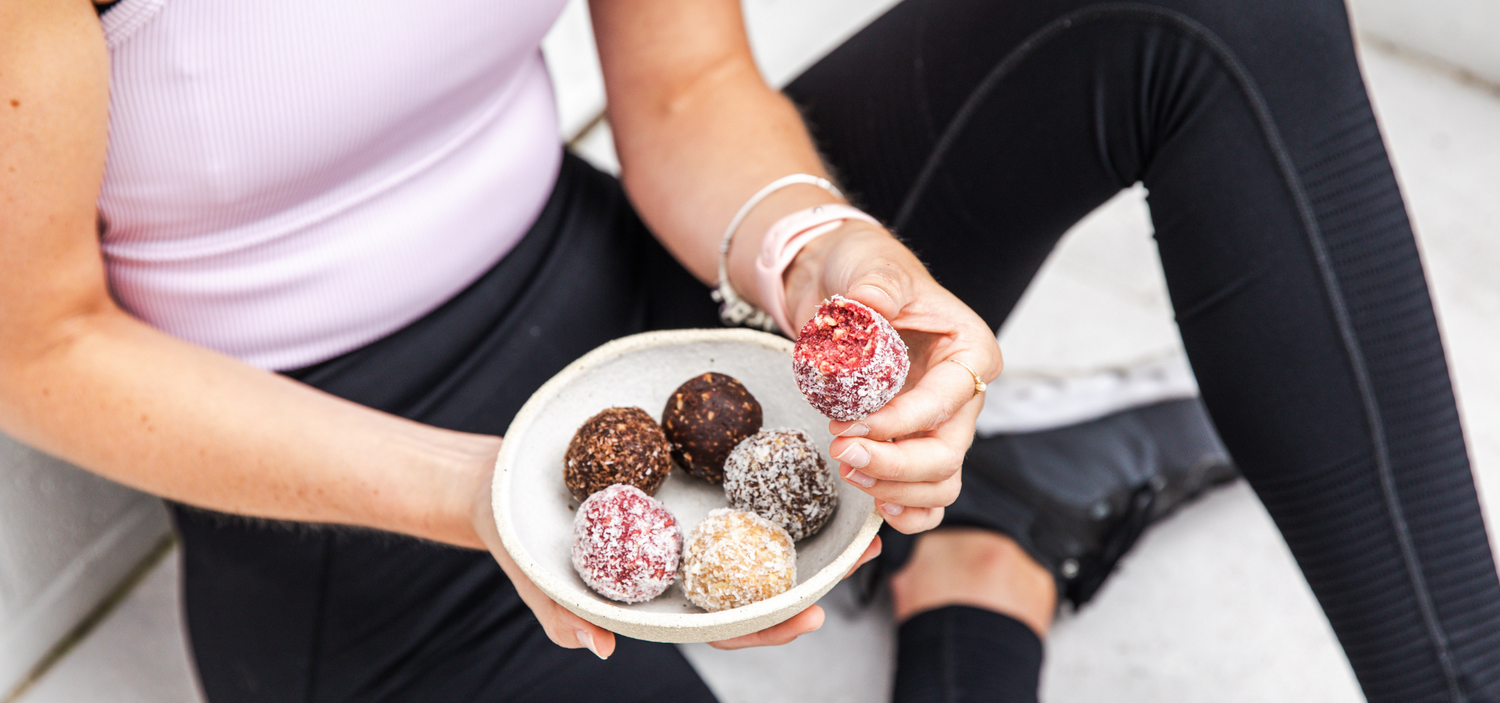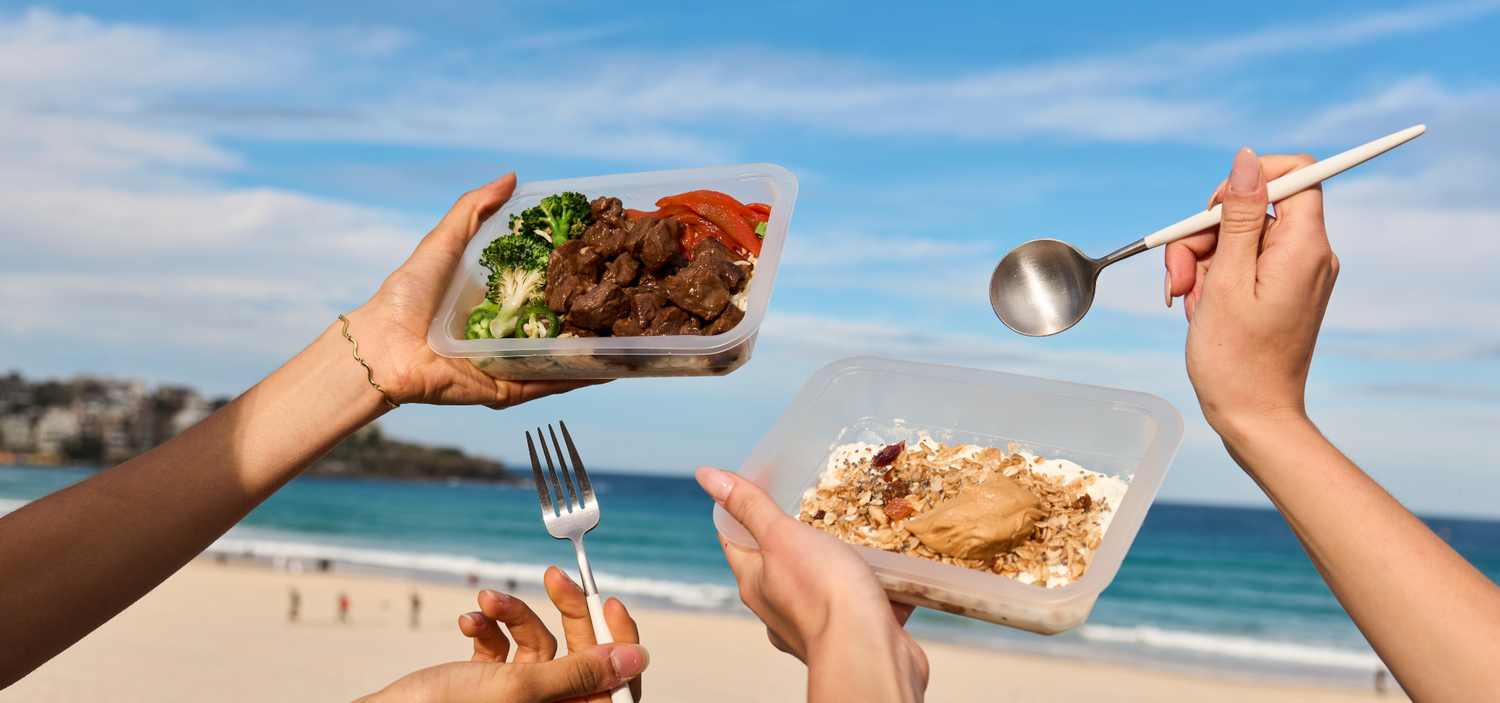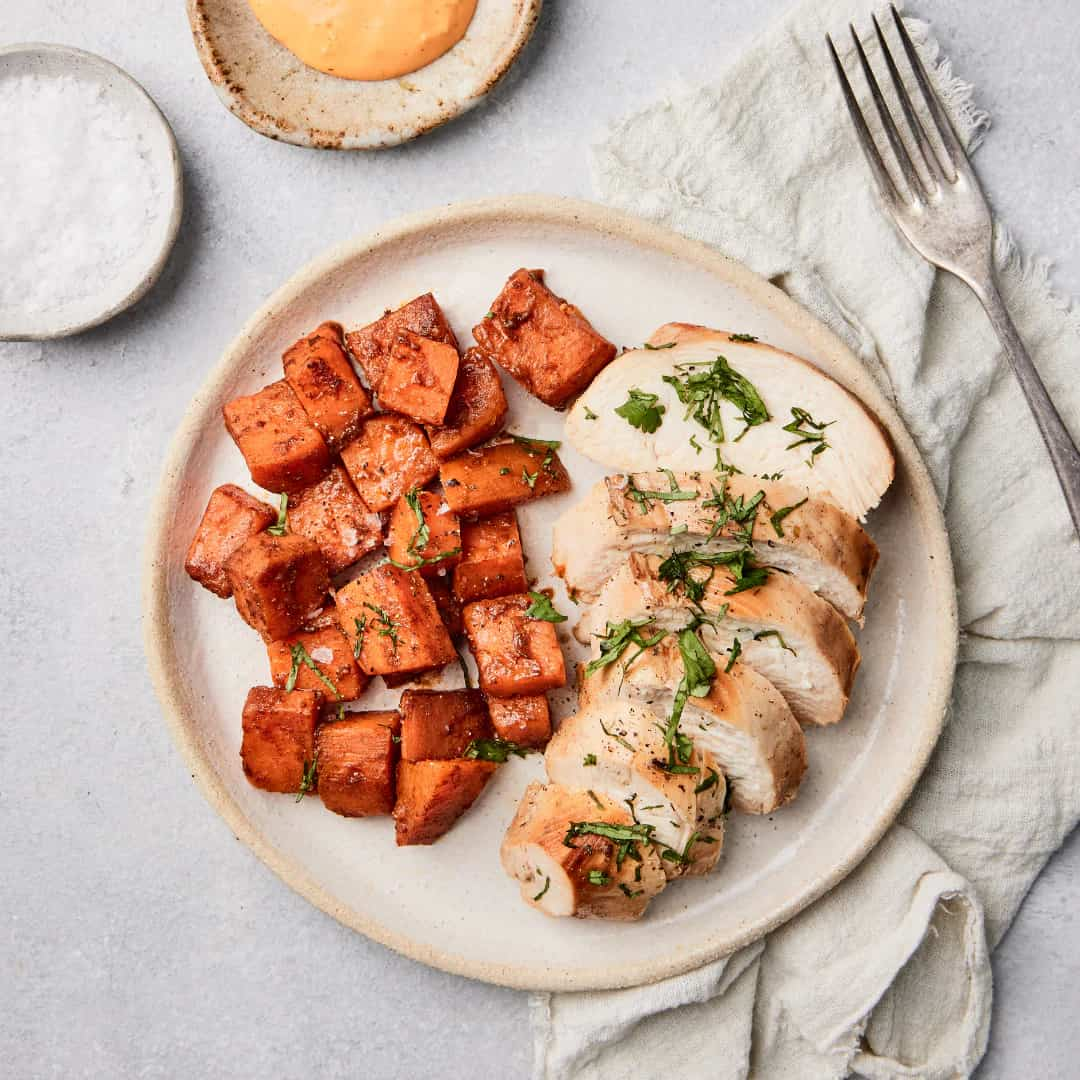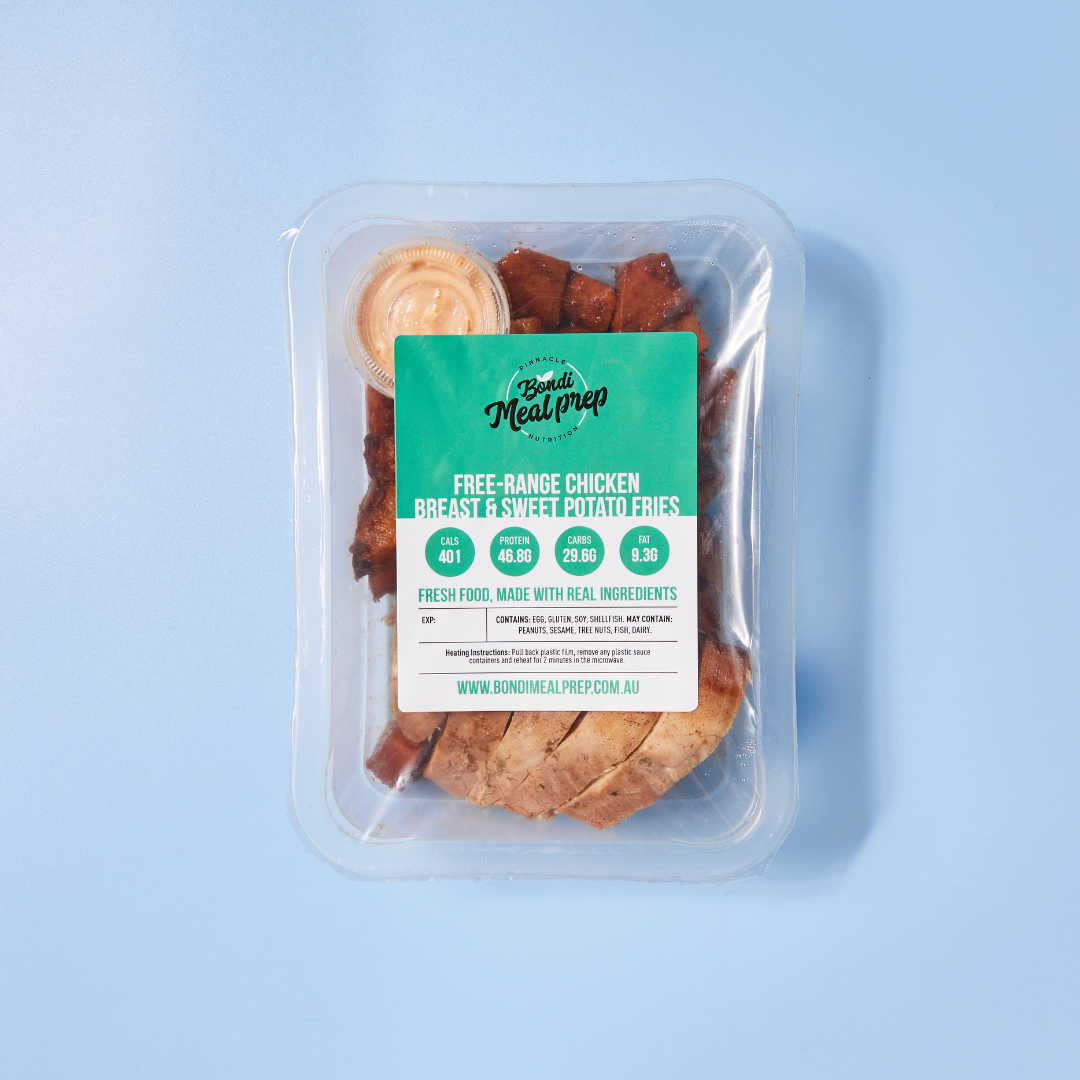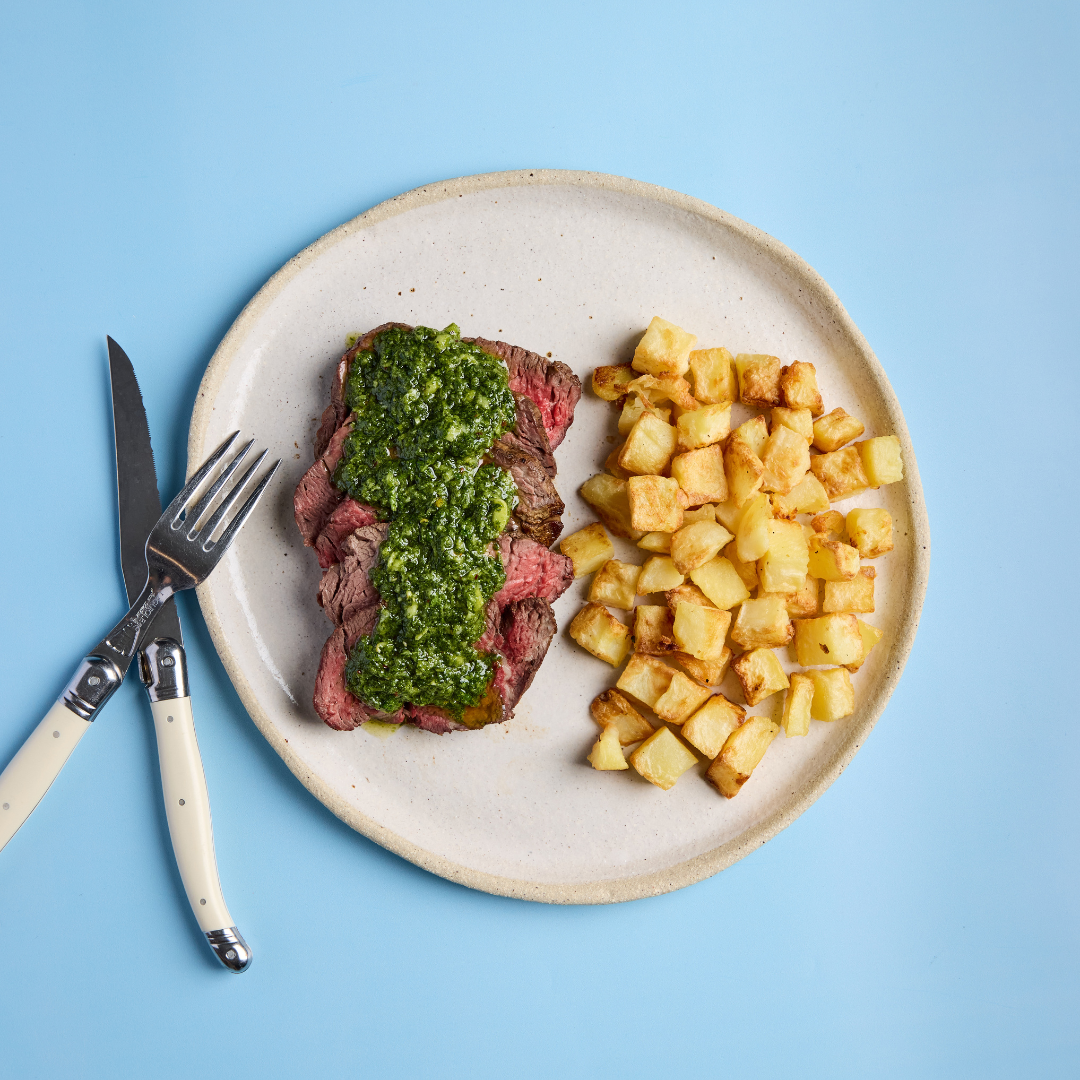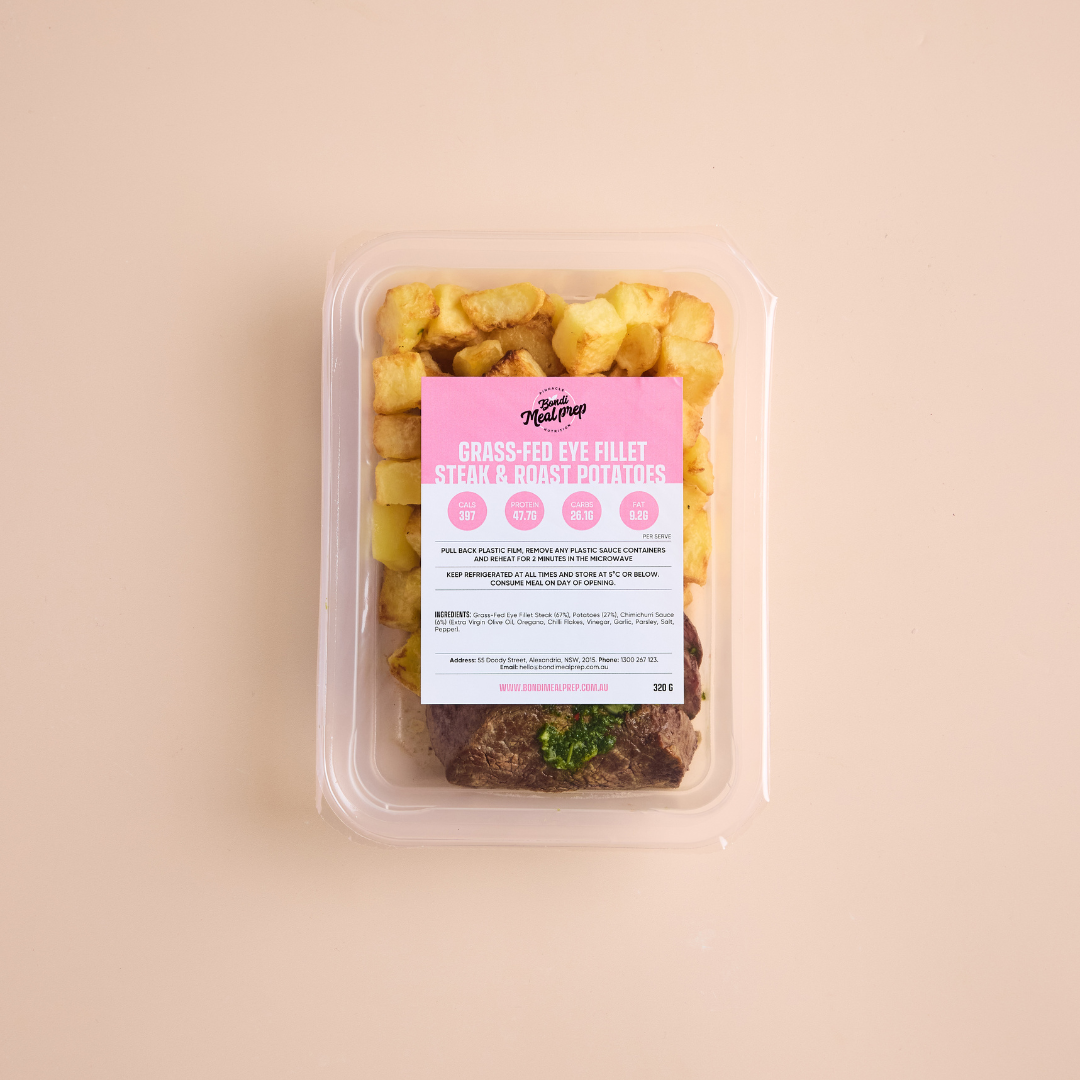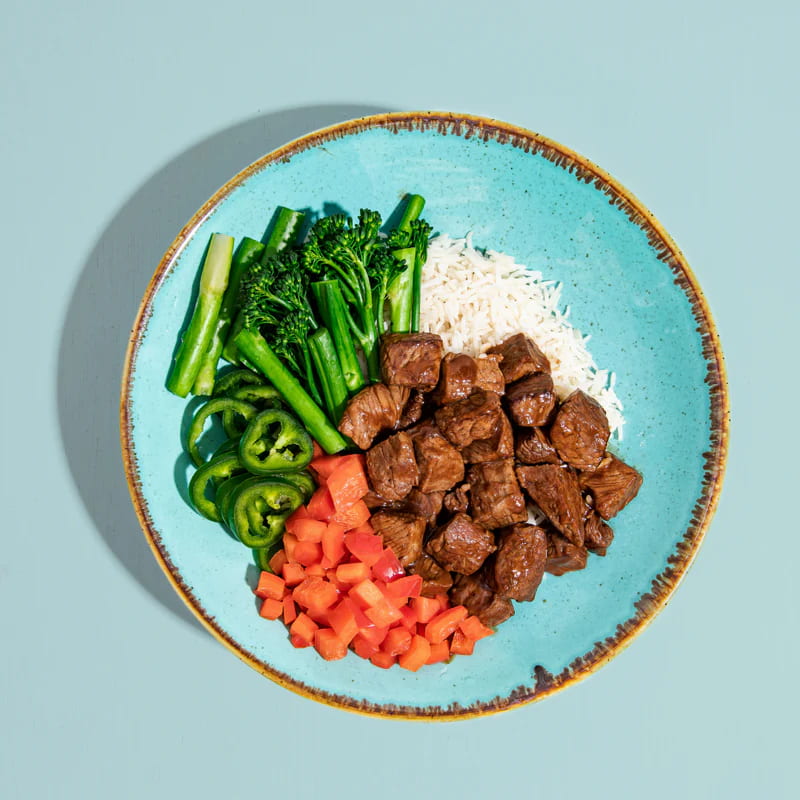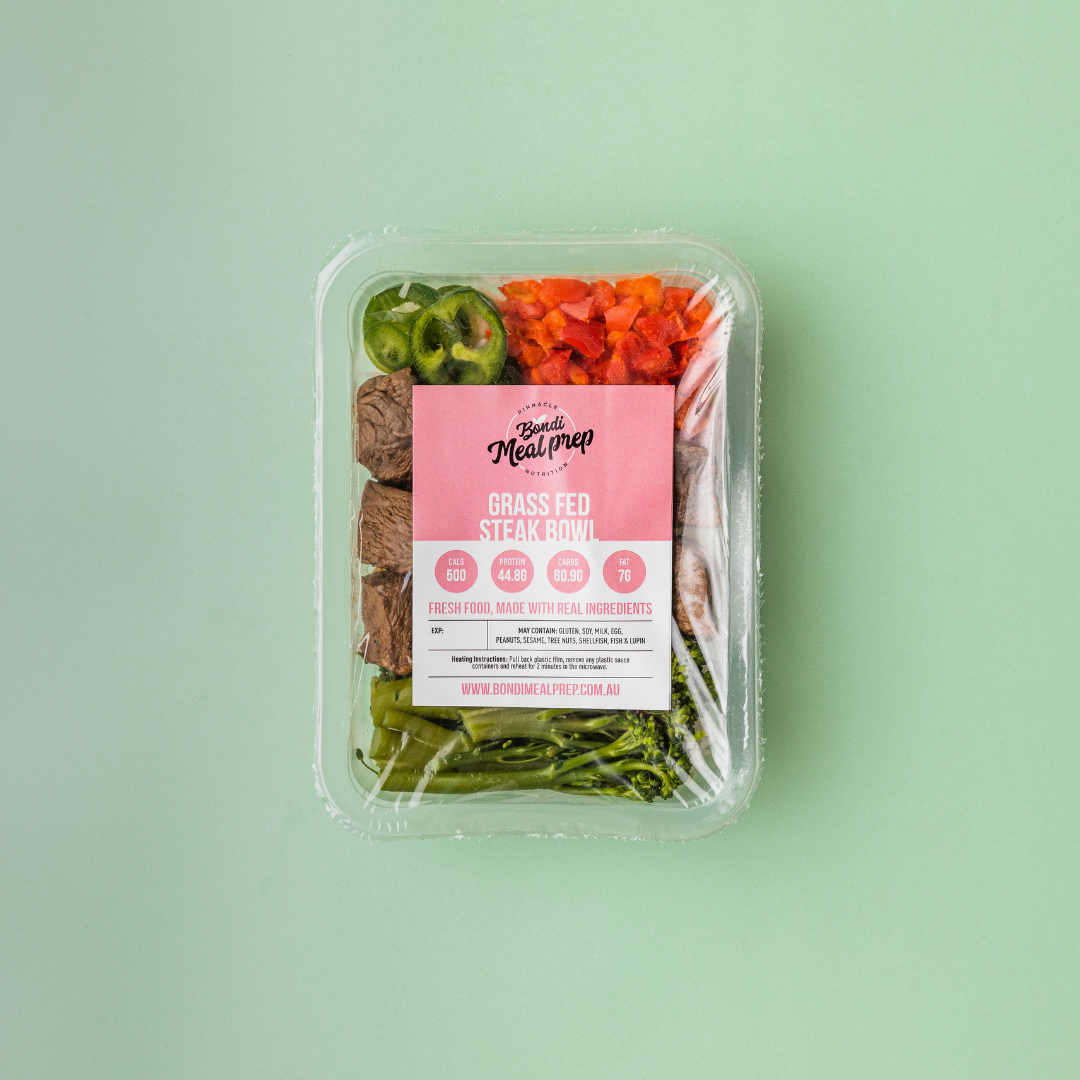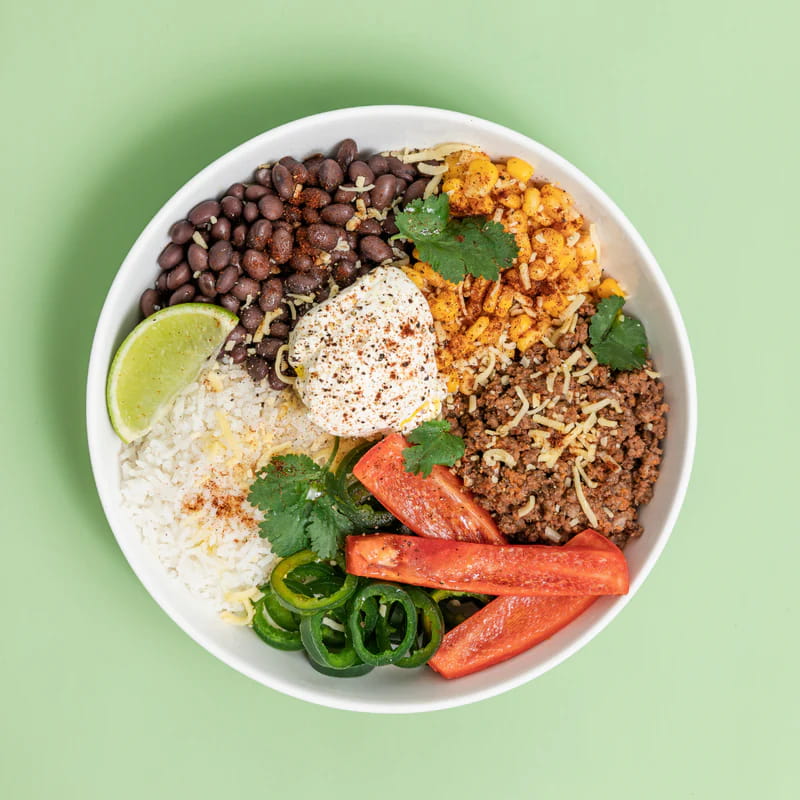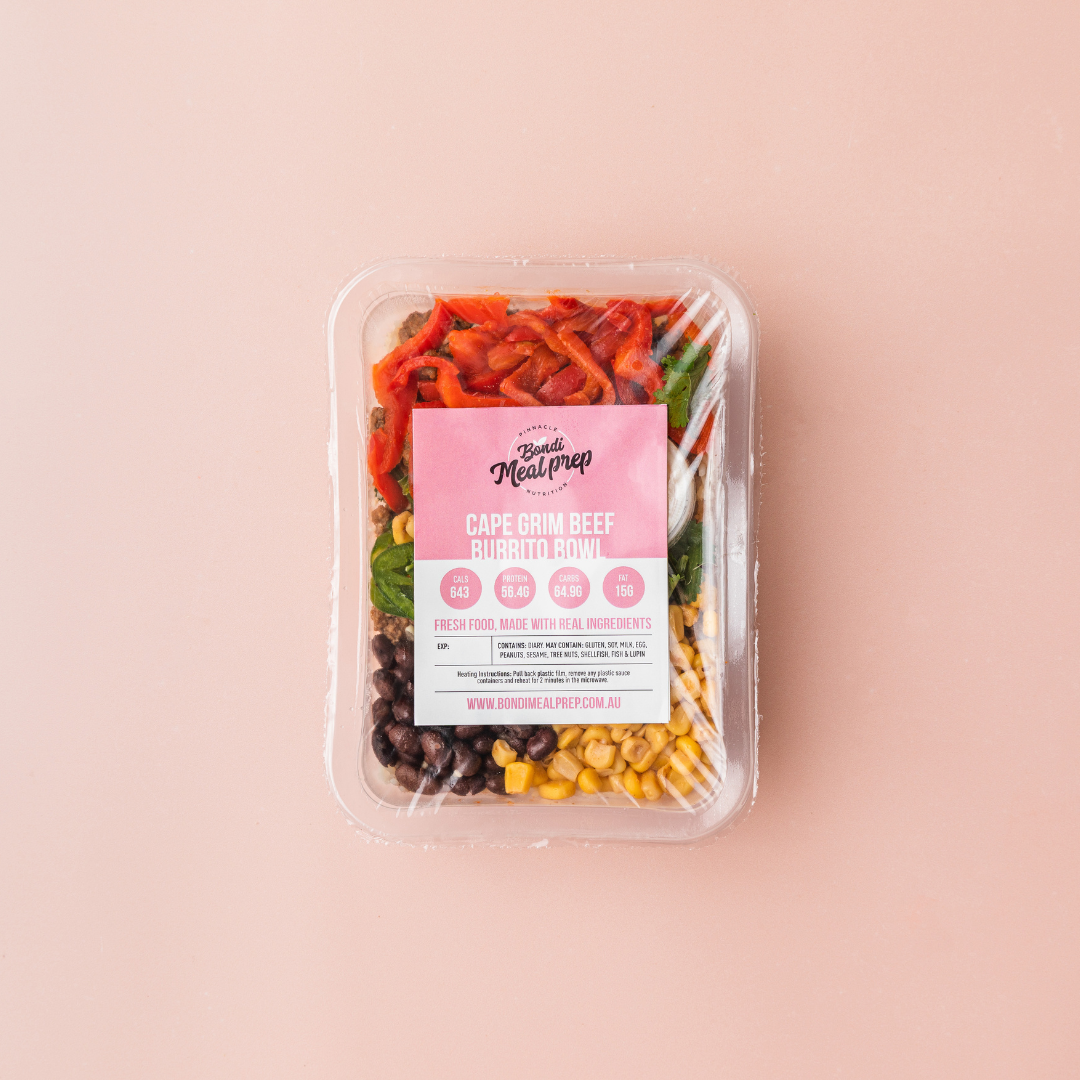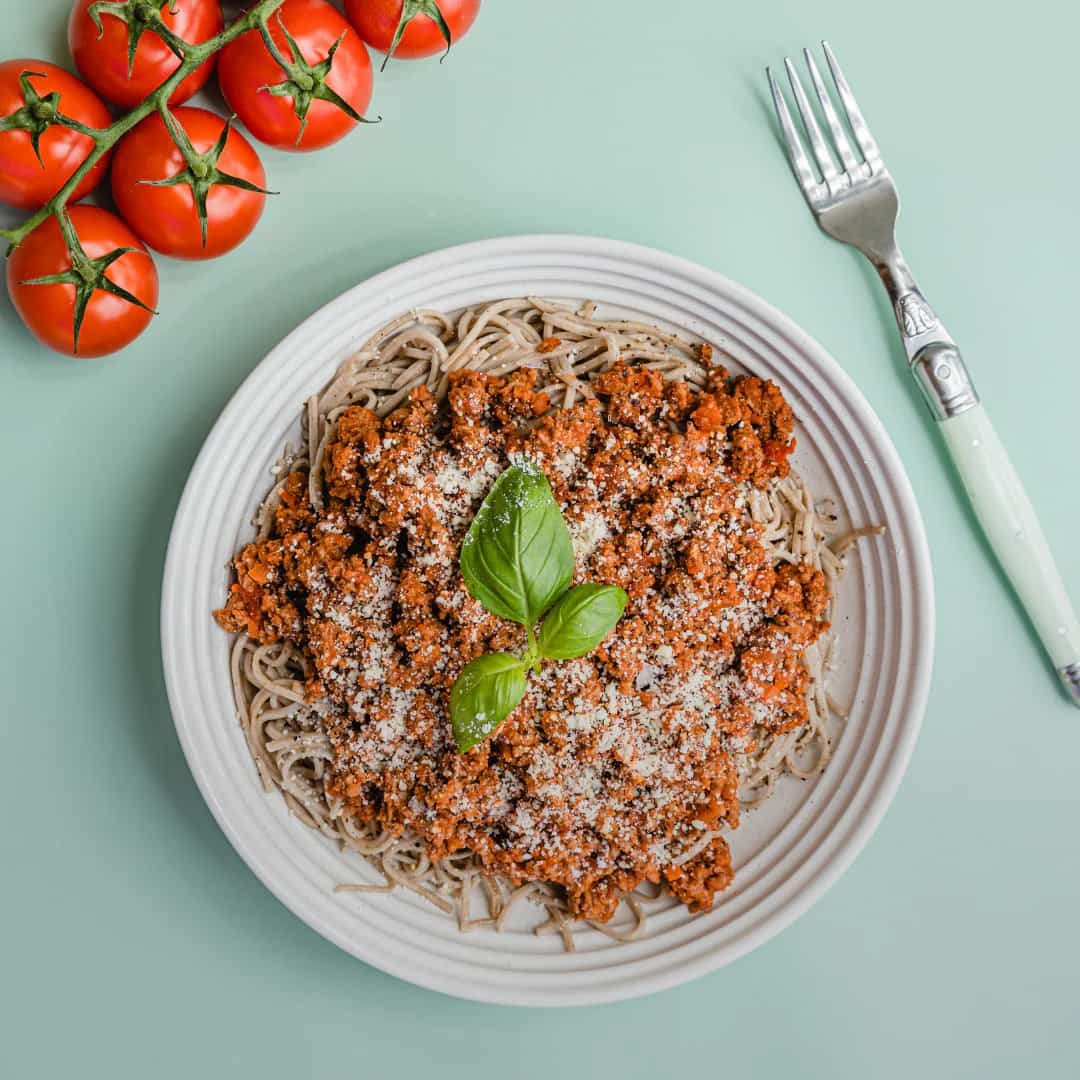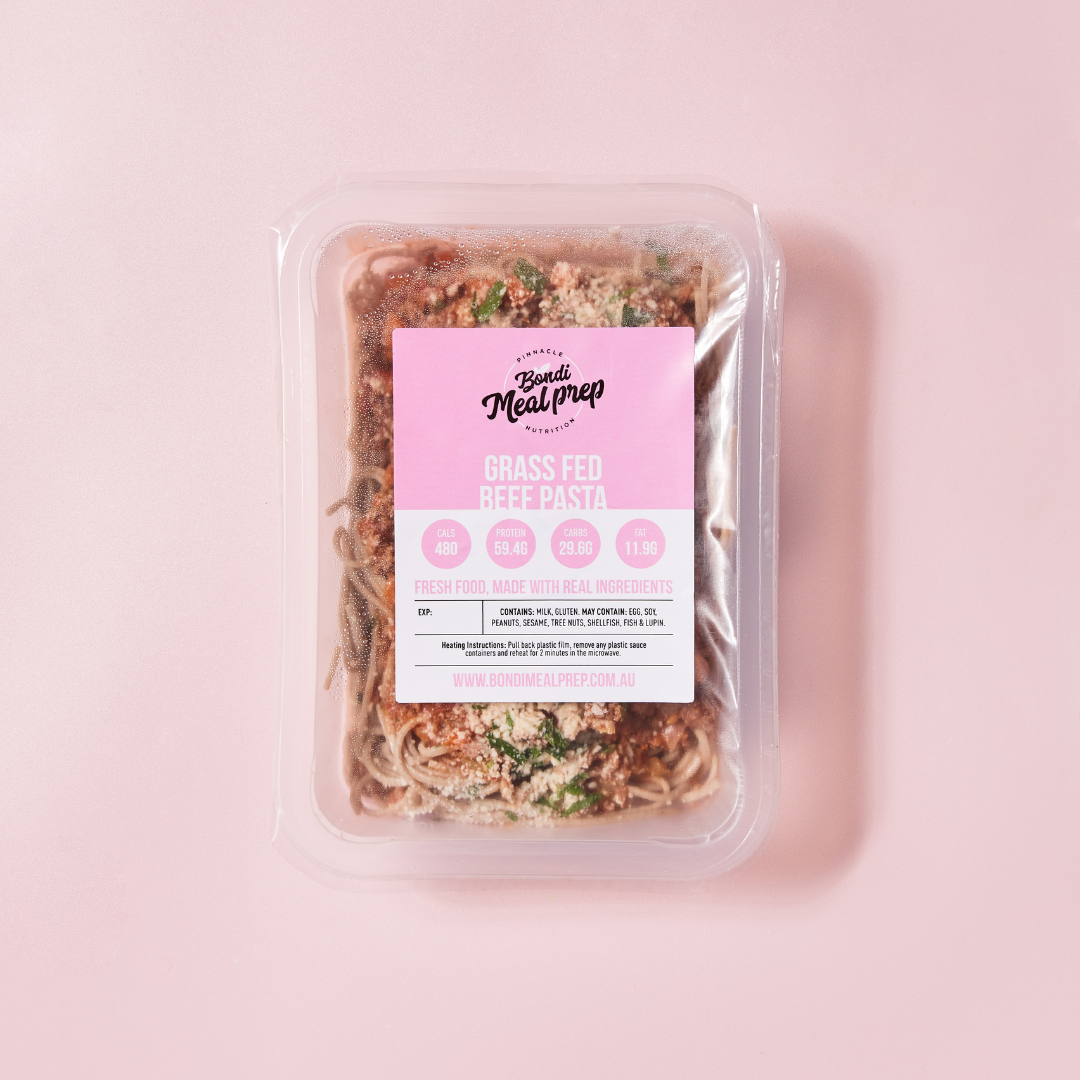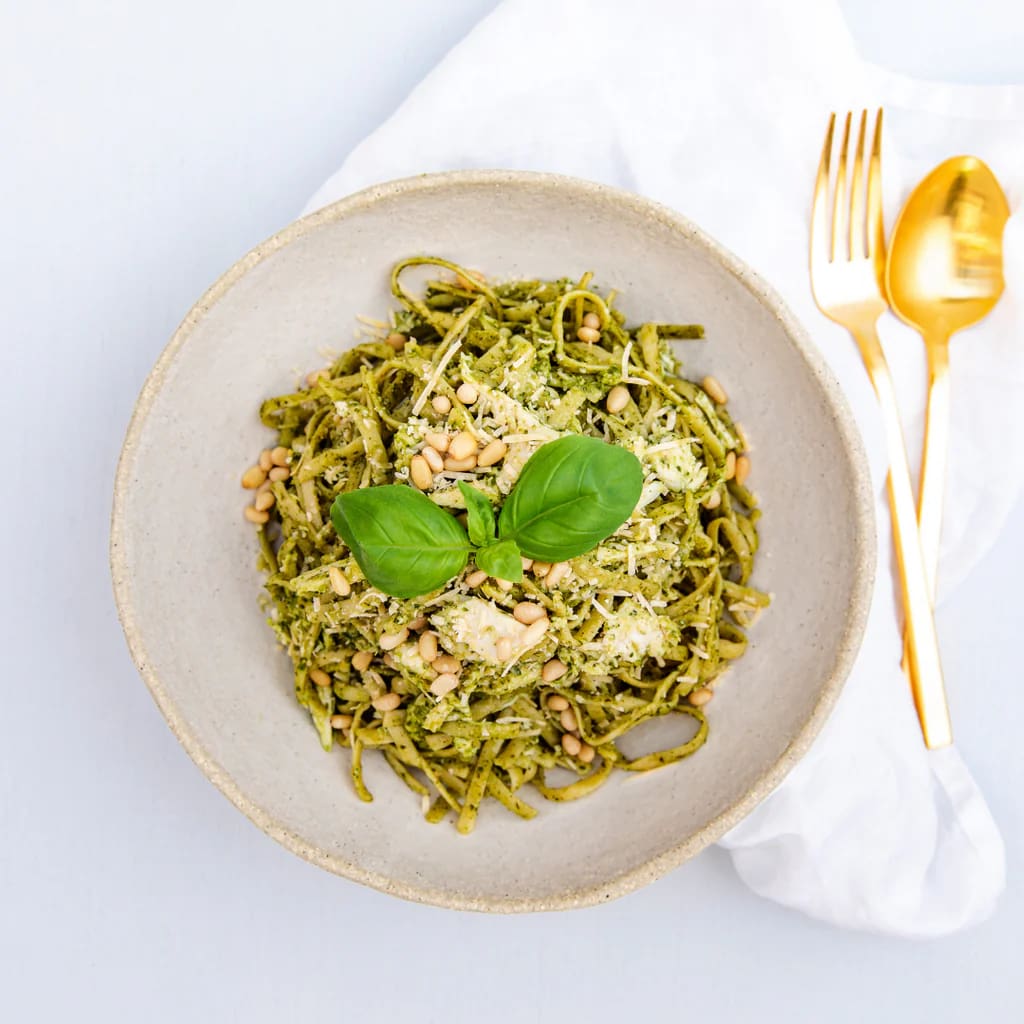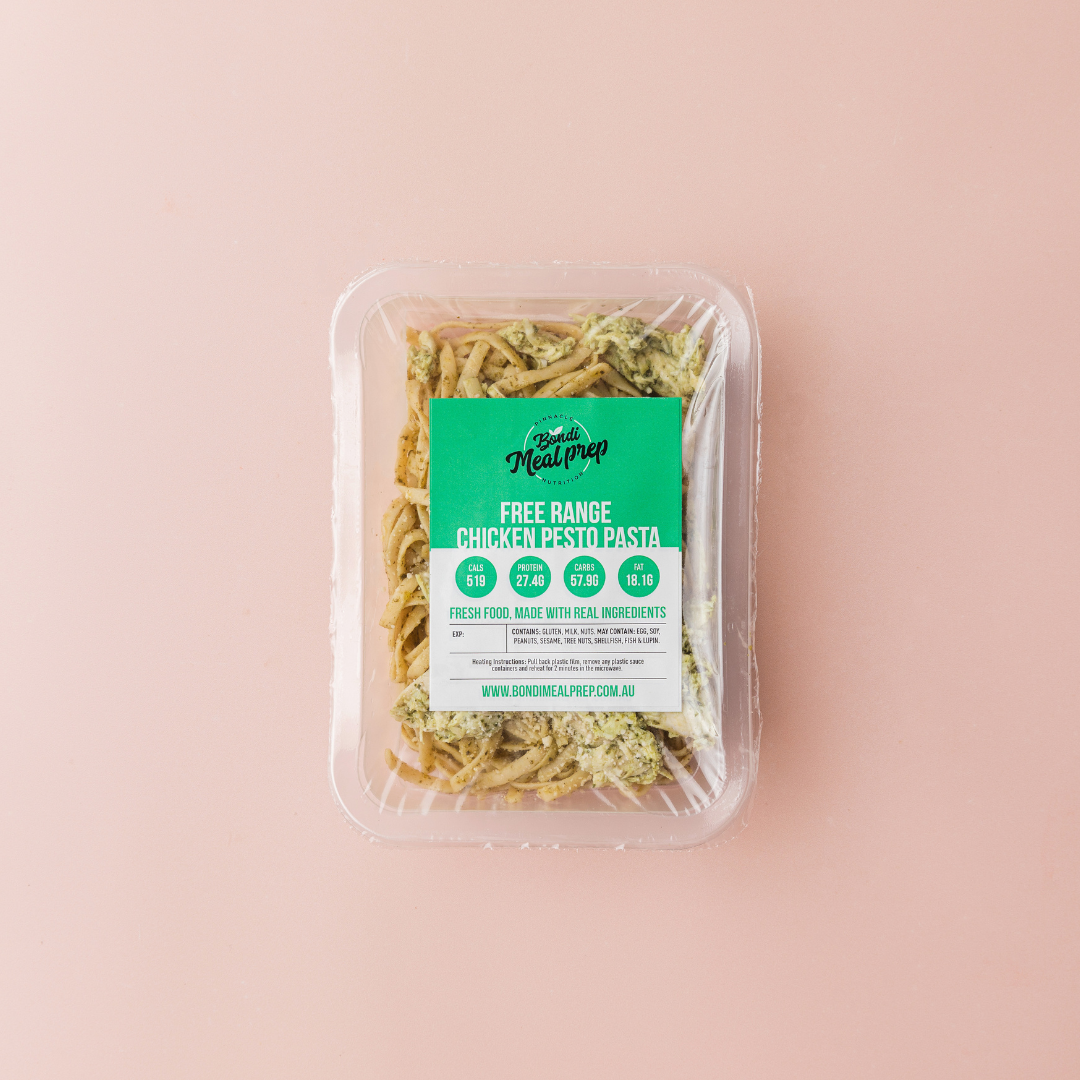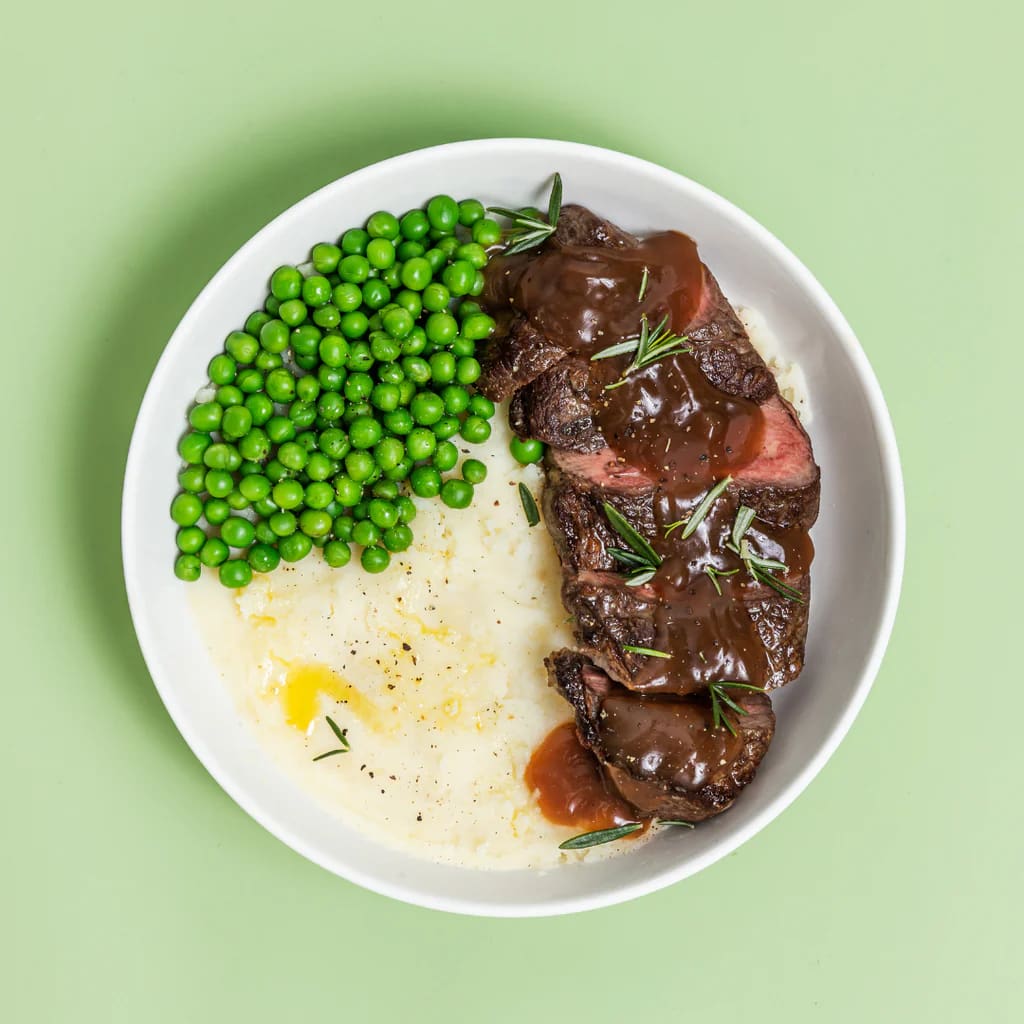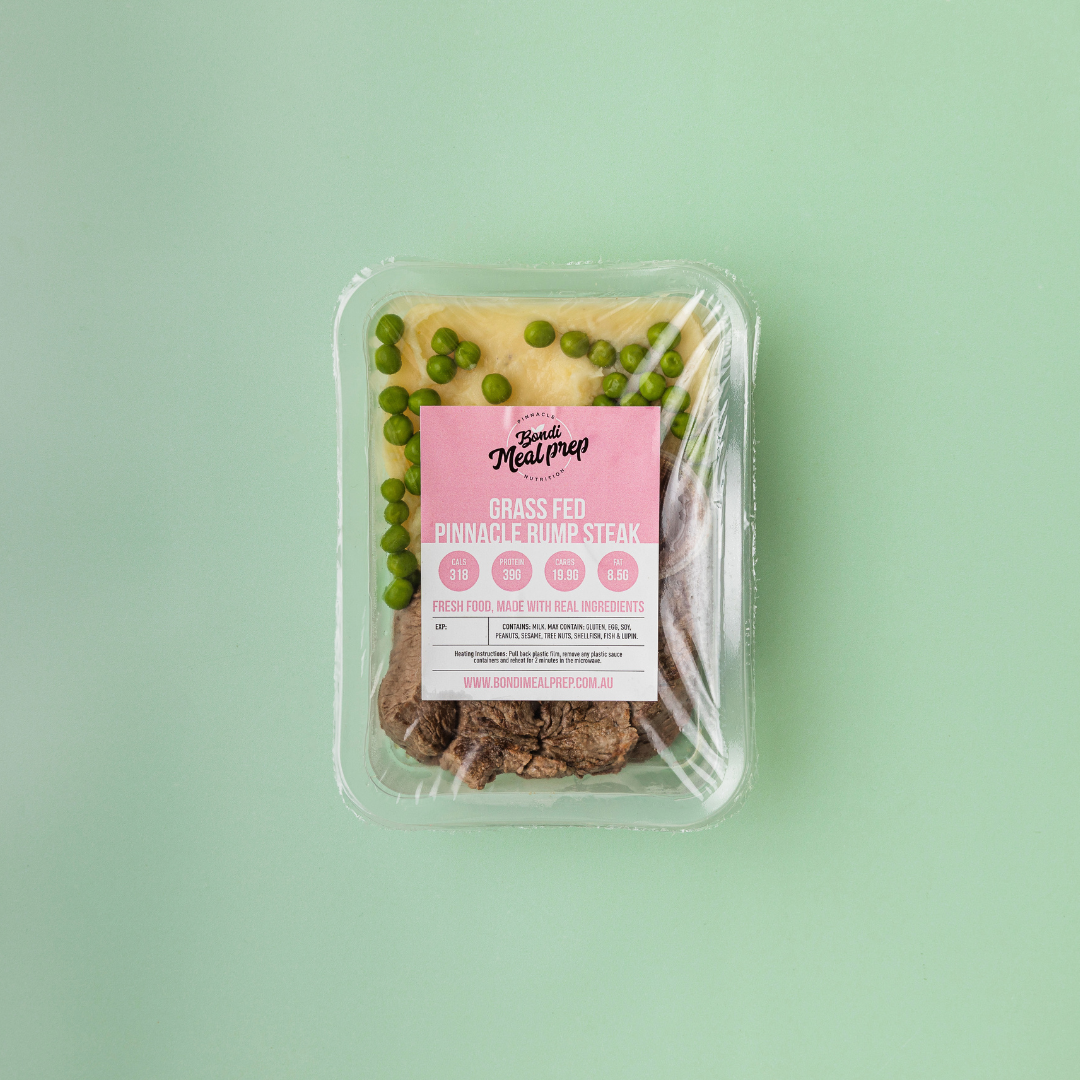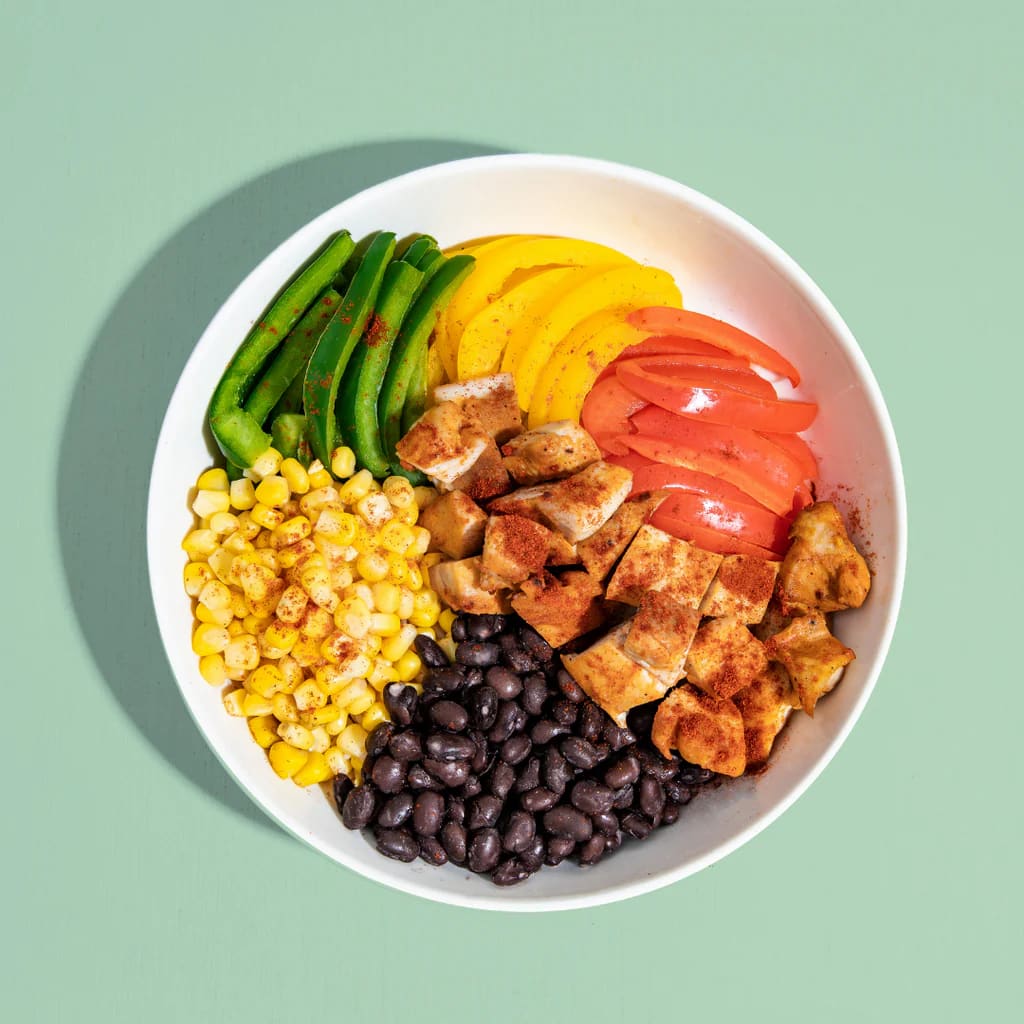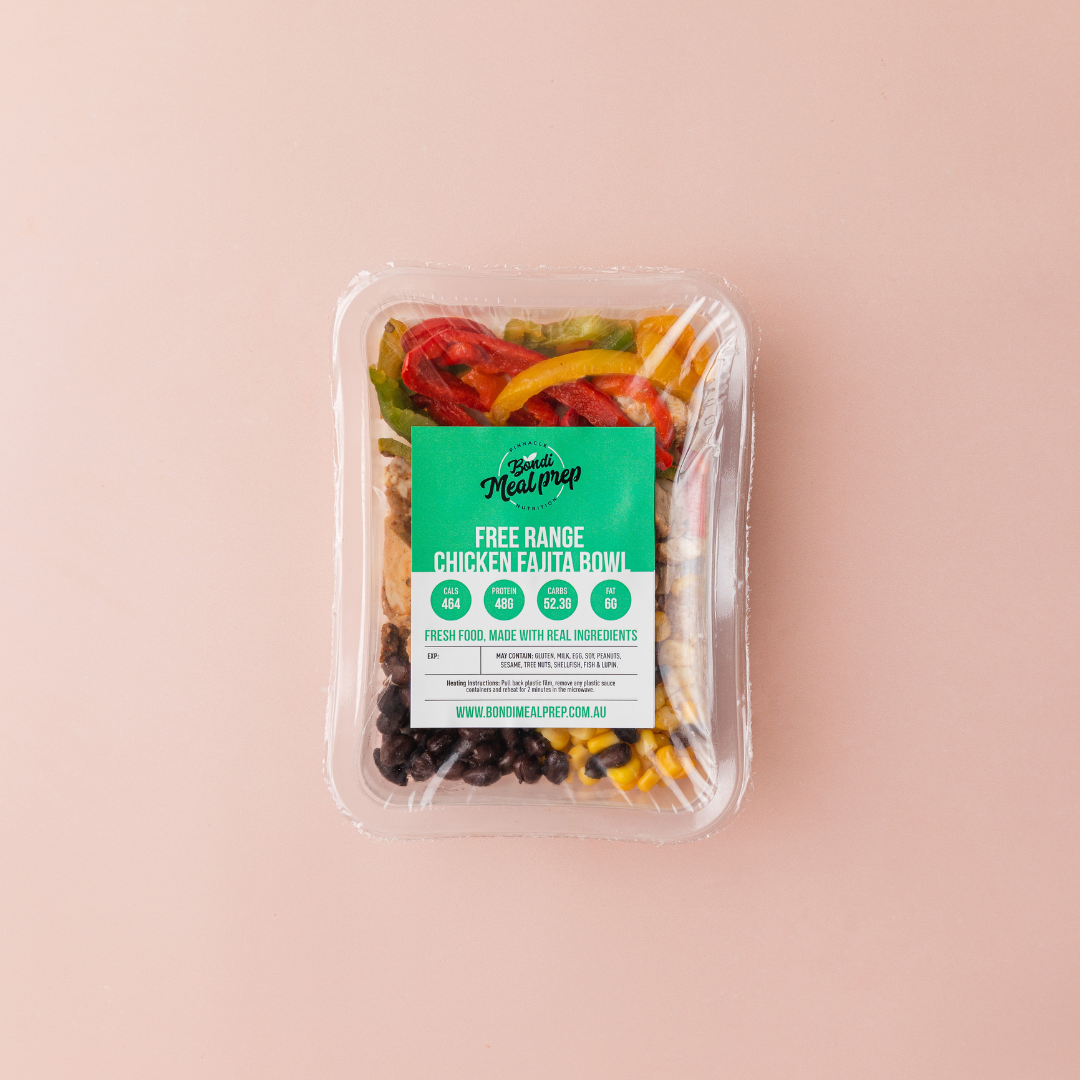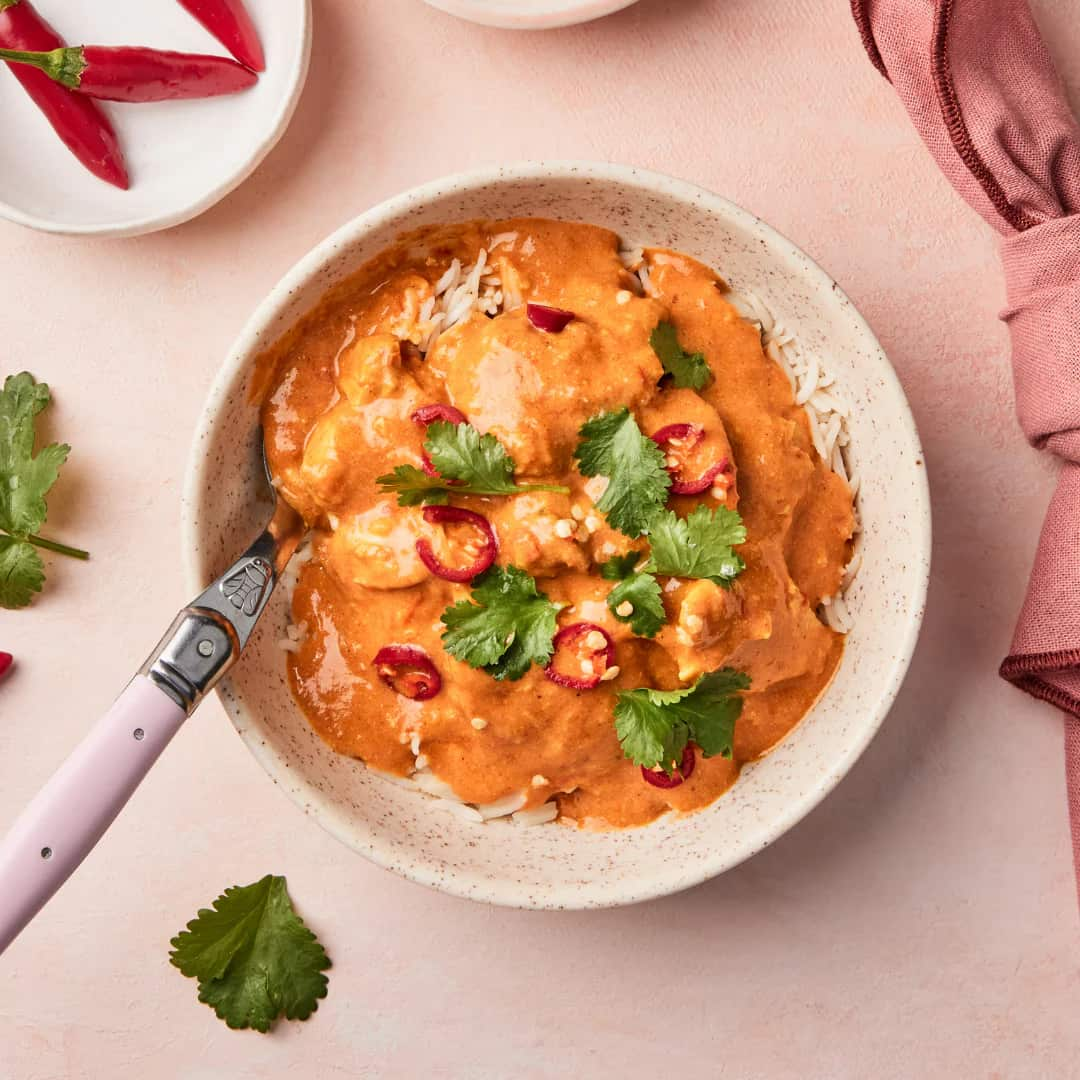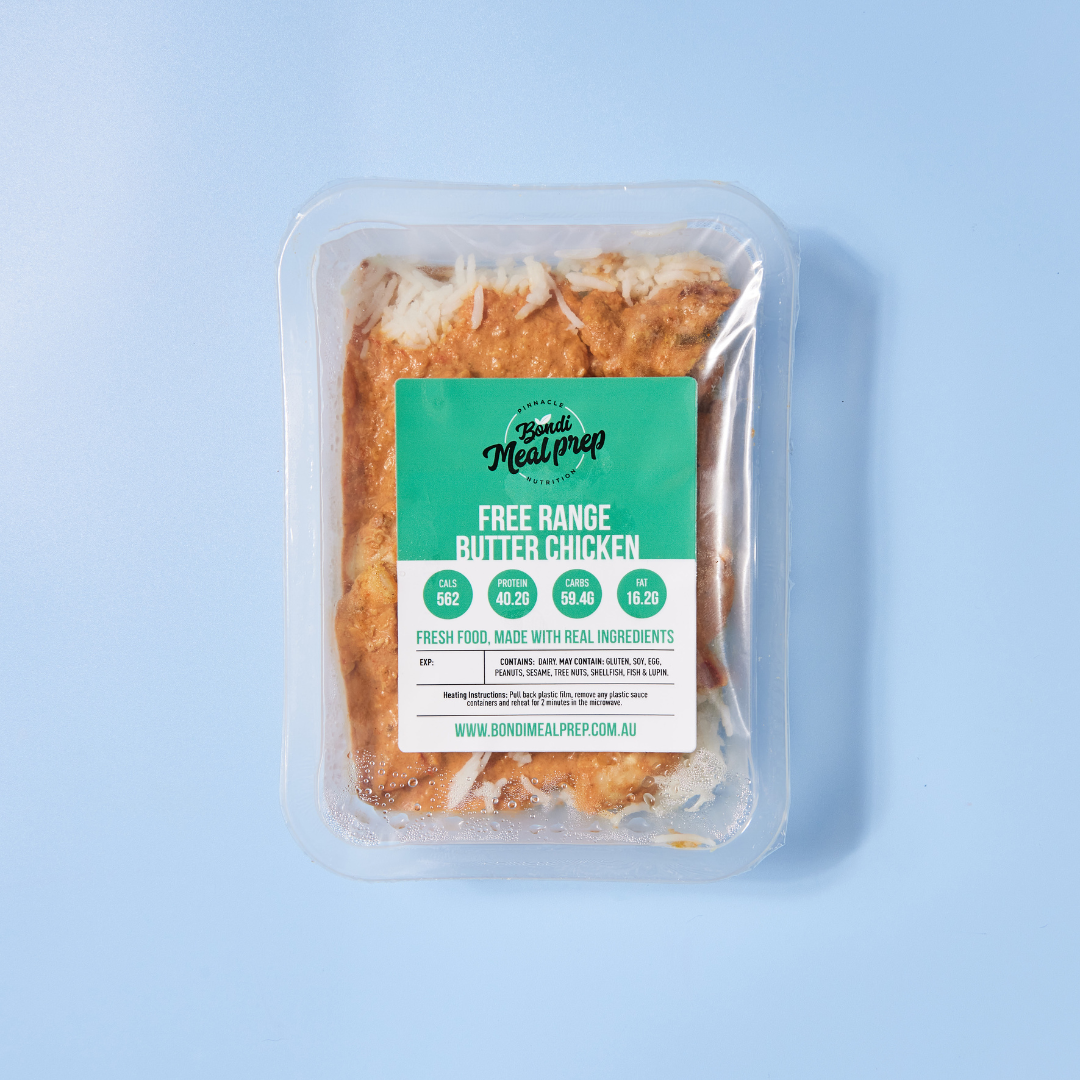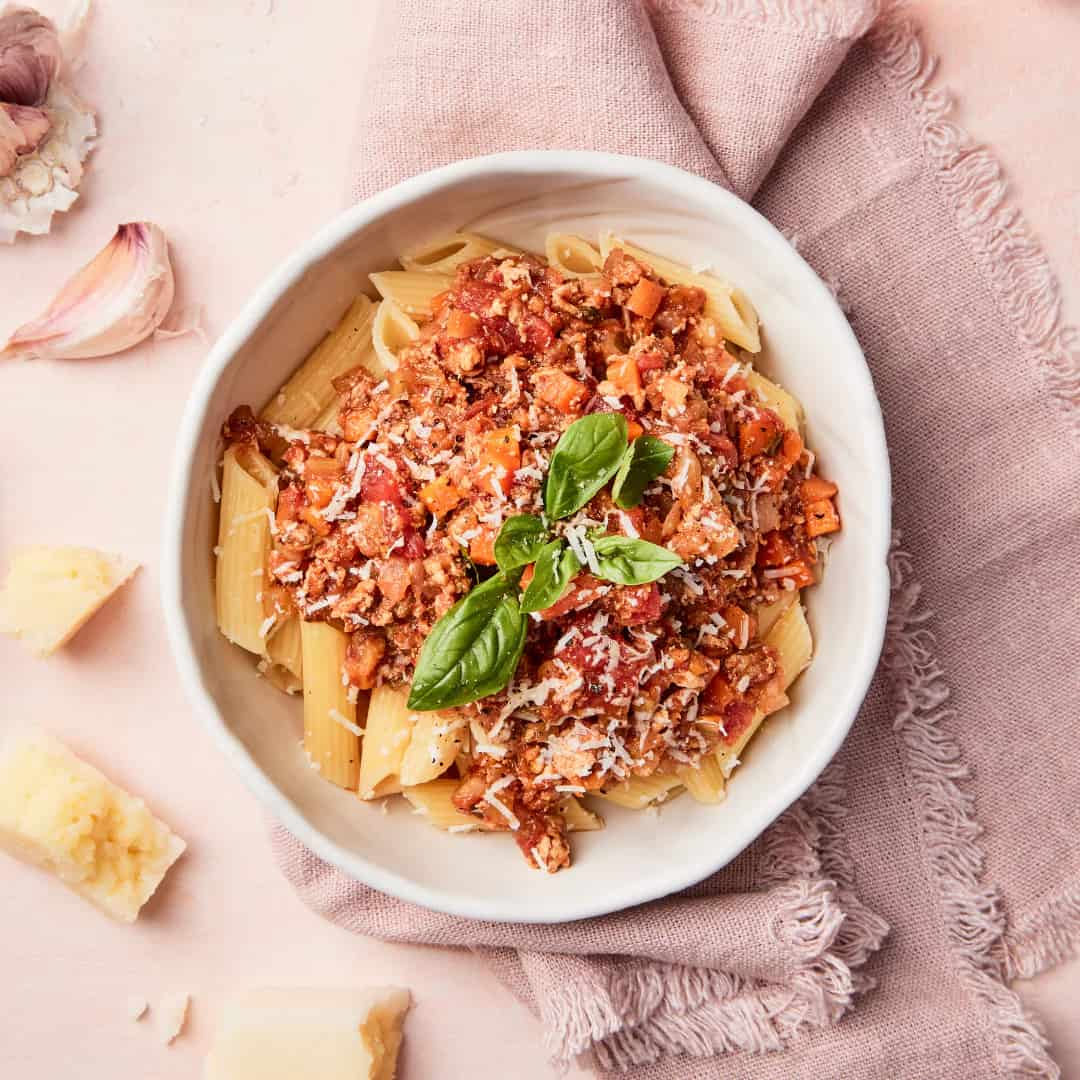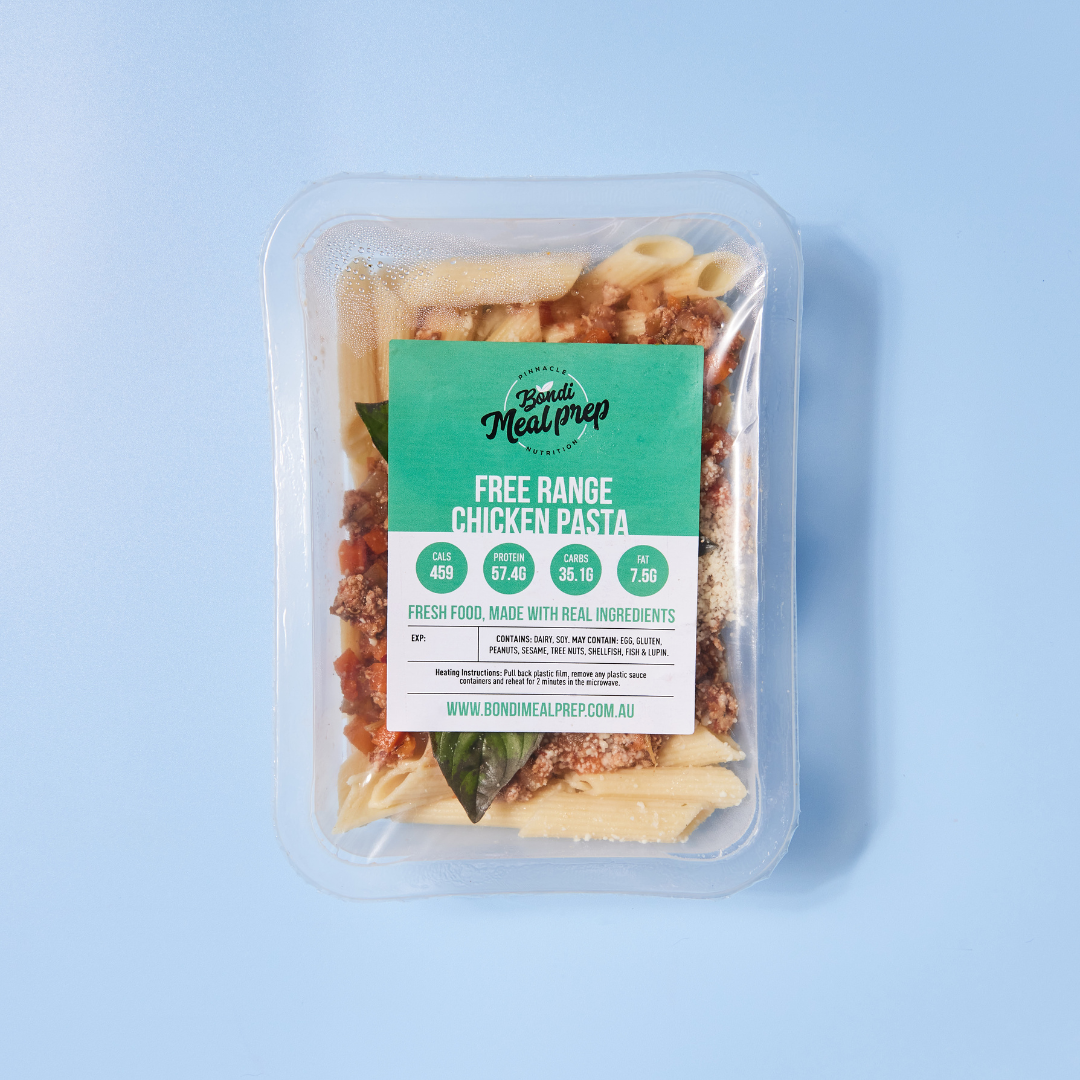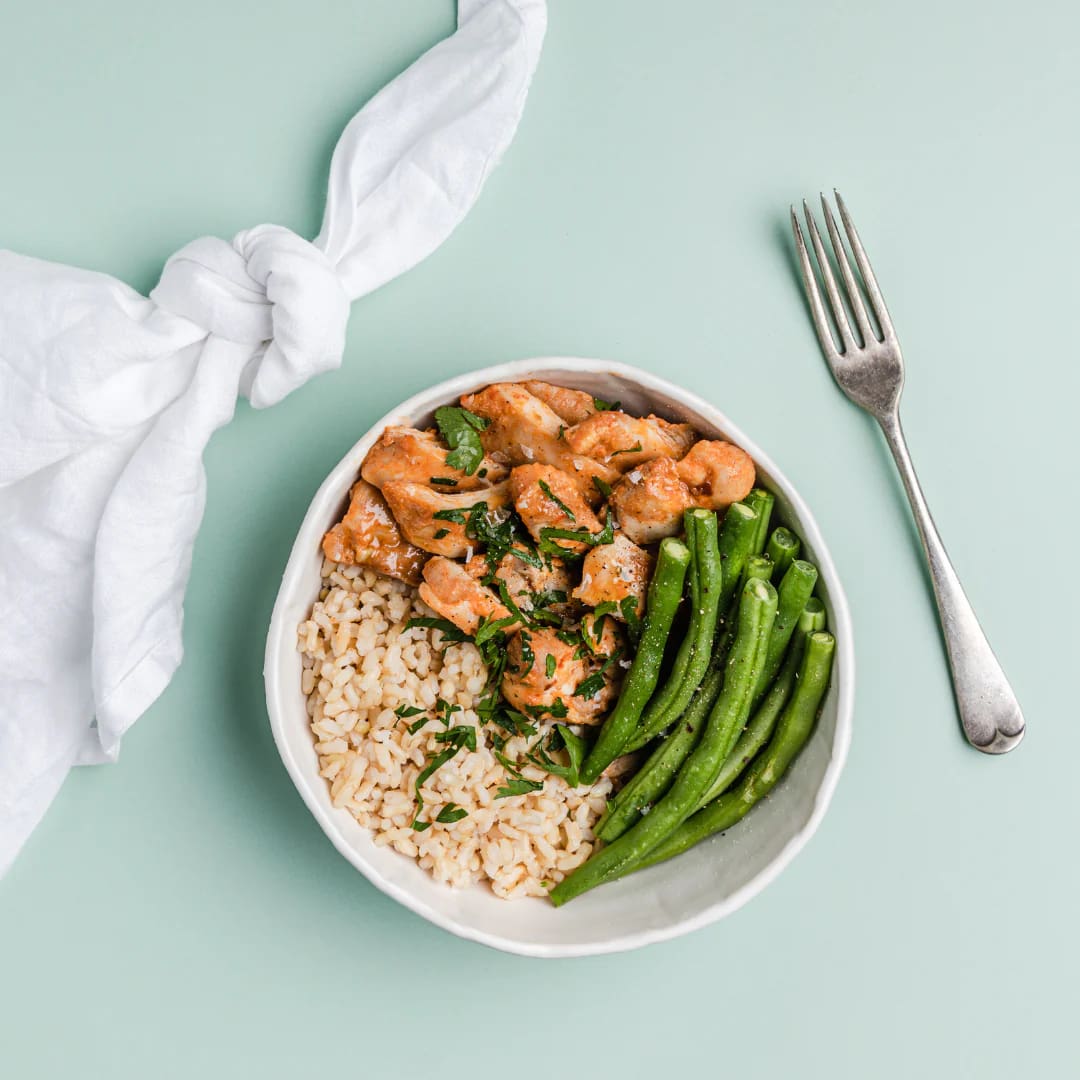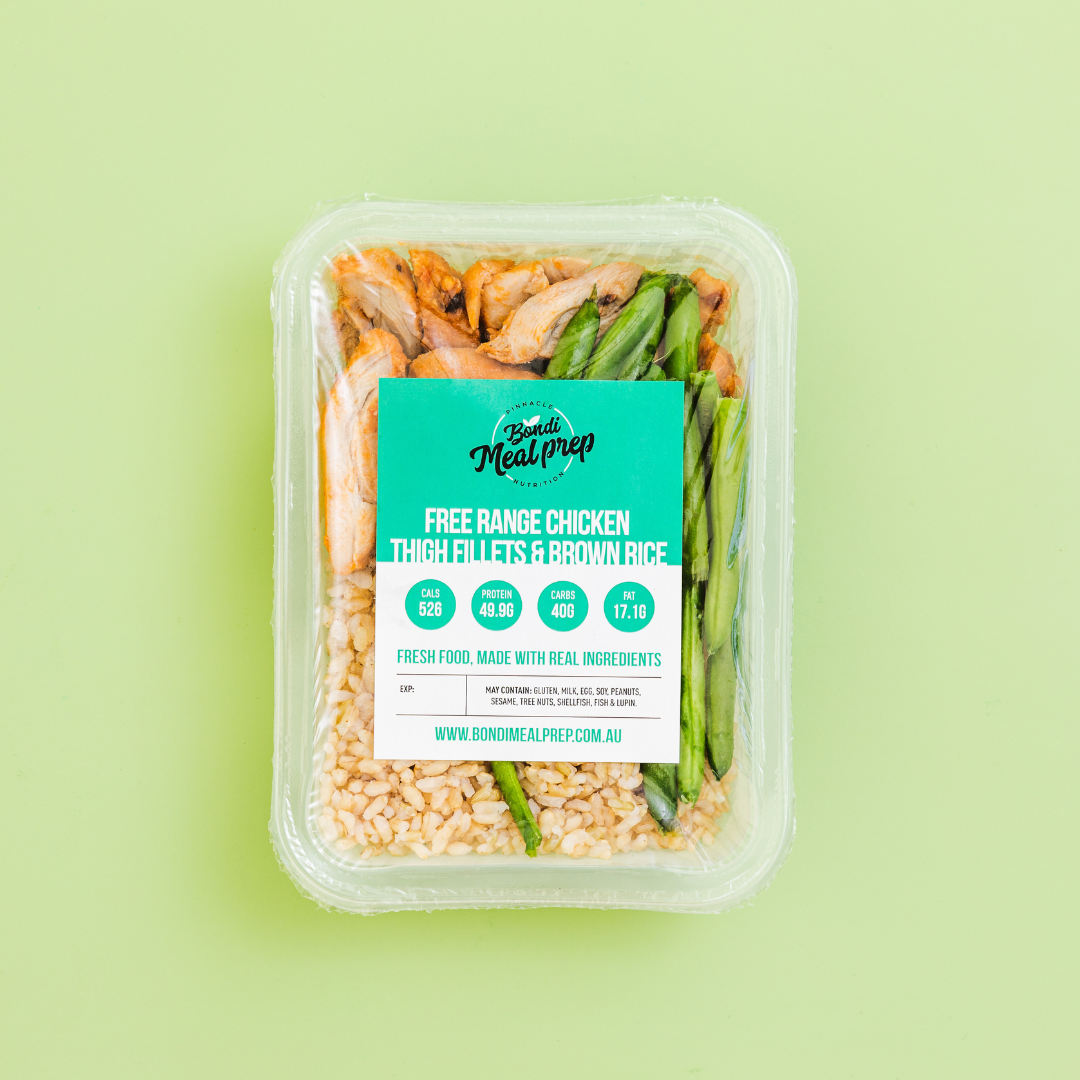CrossFit Diet Guide: Fuel Your High-Intensity Workouts
If you’ve spent any time around CrossFitters, you’ll know it’s more than just a workout. It’s a way of life. Built around constantly varied functional movements performed at high intensity, CrossFit training challenges your strength, endurance, and grit.
To keep up with that kind of demand, your body needs proper fuel. That’s where a well-balanced CrossFit diet comes in. The right food can power your workouts, support recovery, and help you push your performance to the next level.
This guide is designed to be your go-to resource for CrossFit nutrition. We’ll break down why meal planning matters, how to build a CrossFit diet plan that works for you, and what foods best support your training.
Whether you’re a beginner or a seasoned CrossFit athlete, getting your nutrition down pat can make all the difference. Ready to eat delicious, nutritious meals that work as hard as you do? Let’s dig into the details!
What Is a CrossFit Diet?
A CrossFit diet isn’t a cookie-cutter approach, but there are common themes: whole foods, lean proteins, healthy fats, and balanced carbs. Many CrossFit athletes follow specific diets, such as the Zone Diet or a Paleo diet, which are designed to support muscle growth, performance, and overall health.
When eating for CrossFit, the aim is to maintain energy during intense workouts, improve body composition, and reduce inflammation. A solid CrossFit diet avoids processed foods and sugar-sweetened drinks, while prioritising vegetables, nuts and seeds, lean proteins, and low glycemic fruits like berries.
If you’re wondering what low glycemic means, it refers to foods that raise your blood sugar slowly and steadily, rather than causing a quick spike and crash. This helps maintain energy during your training and keeps hunger at bay between meals.
Why CrossFit Nutrition Matters
CrossFit workouts are high intensity, and your body needs the right fuel to meet that demand. Proper CrossFit nutrition supports muscle recovery, reduces the risk of injury, and helps control blood sugar. It also ensures your immune system stays strong, even after the most intense training sessions when fatigue can make you more susceptible to illness.
Without the right nutrients, CrossFit athletes can experience slower recovery and even muscle loss. That’s why protein, fat, carb, and micronutrient intake matter just as much as how many calories you burn in the gym.
Macronutrients for CrossFit Success
Macronutrients consist of carbohydrates, protein, and fat. These nutrients are the building blocks of your diet, providing the energy and raw materials your body needs to perform at its best, especially during demanding training sessions.
Protein Intake: Building and Repairing Muscle
Protein is the foundation of any CrossFit diet plan. It helps repair muscles after training and supports the growth of lean muscle mass. CrossFit athletes typically need 1.6 to 2.2 grams of protein per kilogram of body weight daily, depending on their training volume.
Great sources of lean proteins include:
-
Skinless chicken breast
-
Lean beef
-
Cottage cheese
-
Eggs
-
Protein powder (as a supplement, not a substitute for food)
While "too much protein" is rarely a concern for active athletes, it’s crucial to ensure a decent intake of carbohydrates and fats. If you want to go hard and achieve results, balanced meals are your best training partner.
Carbohydrates: Fuel for High-Intensity Effort
Many people aiming to lose weight will restrict carbs, but it’s important to remember that they power your CrossFit workouts. Your body breaks down carbohydrates into glucose, which fuels training sessions.
Carbs also support exercise recovery. After an intense CrossFit workout, it's generally recommended to consume about 1.0 to 1.2 grams of carbohydrates per kilogram of body weight within the first hour of finishing. This helps replenish the glycogen stores needed for your next session.
Aim for complex, low glycemic index carbohydrates like:
-
Sweet potatoes
-
Quinoa
-
Oats
-
Brown rice
-
Low glycemic fruits (berries, apples)
-
Non-starchy vegetables (broccoli, spinach, green beans)
Your carbohydrate intake should increase around intense workouts and taper during recovery days.
Healthy Fats: Supporting Hormones and Recovery
Believe it or not, but eating fat doesn’t always make you fat. If you’re following a rigorous CrossFit training regime, your body needs it.
Healthy fats support hormone production, brain function, and recovery. Choose essential fatty acids and healthy monounsaturated fats over saturated fats and trans fats.
CrossFit-friendly fat sources include:
-
Avocados
-
Olive oil
-
Nuts and seeds
-
Fatty fish (like salmon)
-
Natural nut butters
It’s best to keep your fat intake moderate but consistent, especially if you’re on a lower-carb nutrition plan.
The Zone Diet and CrossFit
The Zone Diet is a favourite for many CrossFit athletes, and for good reason. It’s built around a simple formula: 40% carbohydrates, 30% protein, and 30% fat. This macronutrient split is designed to help control blood sugar, reduce inflammation, and enhance both performance and recovery.
What sets the Zone Diet apart is its focus on food quality and portion control. You’re encouraged to build meals with balance in mind. This means eating plenty of lean proteins, low glycemic carbs, and healthy fats.
Sticking to the Zone Diet can help:
-
Improve body composition
-
Manage hunger and energy levels
-
Support long-term health and performance goals
Many CrossFitters love the structure it provides. It’s not about restriction; it’s about fuelling your body the right way. Following the Zone Diet can also help you avoid processed foods and become more aware of how certain foods affect your training and overall well-being.
Sample CrossFit Diet Plan
Here’s a simple meal planning template based on the Zone Diet:
Breakfast
-
2 eggs scrambled with spinach
-
1 slice whole grain toast
-
1 tablespoon olive oil (cooked with eggs)
-
1/2 avocado
Morning Snack
-
Cottage cheese with mixed berries
-
Small handful of almonds
Lunch
-
Grilled chicken breast
-
Sweet potato
-
Steamed broccoli
-
Drizzle of olive oil
On those hectic days when meal prep isn’t an option, Bondi Meal Prep’s Free-Range Chicken and Sweet Potato delivers a balanced, CrossFit-friendly lunch that keeps your energy up and training on track.
Afternoon / Pre-Workout Snack
-
Low-fat Greek yogurt
-
1 tablespoon chia seeds
-
Banana
Dinner
-
Baked salmon
-
Quinoa
-
Roasted green beans
-
Olive oil-based dressing
If you get home late from a heavy session at the gym, the last thing you want is a heavy session in the kitchen. Having Bondi Meal Prep's Ora King Salmon and Brown Rice in the fridge means you can heat, eat, and rest (you’ve earned it!).
Evening Snack (optional)
-
Protein shake with almond milk (especially after late training sessions)
This sample CrossFit diet plan supports muscle growth, sustains energy, and helps control blood sugar throughout the day.
Foods to Embrace and Avoid
Knowing which foods to prioritise, limit, or supplement can make a big difference in your performance and recovery as a CrossFitter. Here’s a simple guide to how to fuel up smart.
Eat More Of
To fuel performance and recovery, your diet should prioritise nutrient-dense, whole foods. Aim to include:
-
Vegetables, nuts and seeds
-
Lean proteins like chicken breast and lean beef
-
Low glycemic fruits
-
Whole foods and unprocessed foods
-
Olive oil and healthy monounsaturated fats
Avoid or Limit
Certain foods can increase inflammation, slow recovery, and negatively affect your overall health. CrossFit athletes should aim to reduce:
-
Sugar-sweetened drinks
-
Processed foods
-
Excess saturated fats
-
High glycemic carbohydrates (e.g., white bread, sugary snacks)
Supplements
While whole foods should always come first, some supplements can support your CrossFit goals:
-
Whey protein: A quick, convenient option post-workout to support muscle recovery.
-
Fish oil: Rich in essential fatty acids, helps support joint and heart health.
-
Vitamin D: Important for bone health, especially if you train mostly indoors.
-
Magnesium: Can help reduce muscle cramps and improve sleep quality.
-
Vitamin C: Can boost your immune system, which can become weakened during heavy training blocks.
CrossFit Nutrition Timing
When you eat matters just as much as what you eat. To maximise training sessions and recovery:
-
Pre-workout: Focus on carbs and a little protein (e.g., banana and Greek yogurt).
-
Post-workout: Prioritise lean protein and carbs for recovery (e.g., chicken breast and sweet potato).
Spacing your meals evenly and staying hydrated will also improve your performance and help curb hunger between sessions.
Avoid These Common CrossFit Nutrition Mistakes
Even seasoned athletes can fall into poor nutrition habits. Here are some common pitfalls to avoid:
-
Skipping meals: You can’t fuel high-intensity training on an empty tank.
-
Overeating processed foods: These can disrupt your energy and recovery.
-
Ignoring fat intake: Healthy fats are essential, so don’t skimp on olive oil, nuts, or avocados.
-
Underestimating how much protein you need: Your muscle mass depends on consistent protein intake.
-
Trying to lose weight too quickly: Focus on improving performance and body composition over crash diets.
Meal Planning Tips for CrossFit Athletes
Meal planning isn’t just for bodybuilders. It’s vital for anyone training hard and trying to eat well consistently. Here are a few simple meal planning tips and tricks to keep your nutrition on track:
-
Cook in batches: Grill multiple chicken breasts or roast a tray of veggies for easy meals throughout the week.
-
Add monounsaturated fats: Prep salads and sides with olive oil to make sure you're eating enough healthy fats.
-
Track your macros: Download an app that makes it easy for you to monitor your intake of protein, fat, and carbohydrates.
-
Keep it simple: Focus on whole foods, avoid processed foods, and stick to lean proteins, vegetables, nuts and seeds, and smart carbs.
-
Stay hydrated: Water plays a vital role in recovery, digestion, and athletic performance. Aim for at least two litres per day. After intense workouts, consider adding electrolytes to replenish essential minerals like sodium, potassium, and magnesium lost through sweat.
Level Up Your CrossFit Nutrition with Bondi Meal Prep
You’ve got the commitment and the training plan, now all you need is the right fuel.
At Bondi Meal Prep, we take the guesswork out of meal planning with chef-prepared, nutritionist-approved meals designed to support your CrossFit goals. All our meals are made in small batches for quality and taste, enabling you to:
✔️ Manage your macros without compromising on flavour
✔️ Stay energised throughout the day and during workouts
✔️ Nourish your body for muscle growth, recovery, and optimal performance
✔️ Spend more time training and less time shopping and chopping
Explore our wide selection of pre-prepared meals and create a customised plan today and make healthy eating the simplest part of your CrossFit lifestyle.


